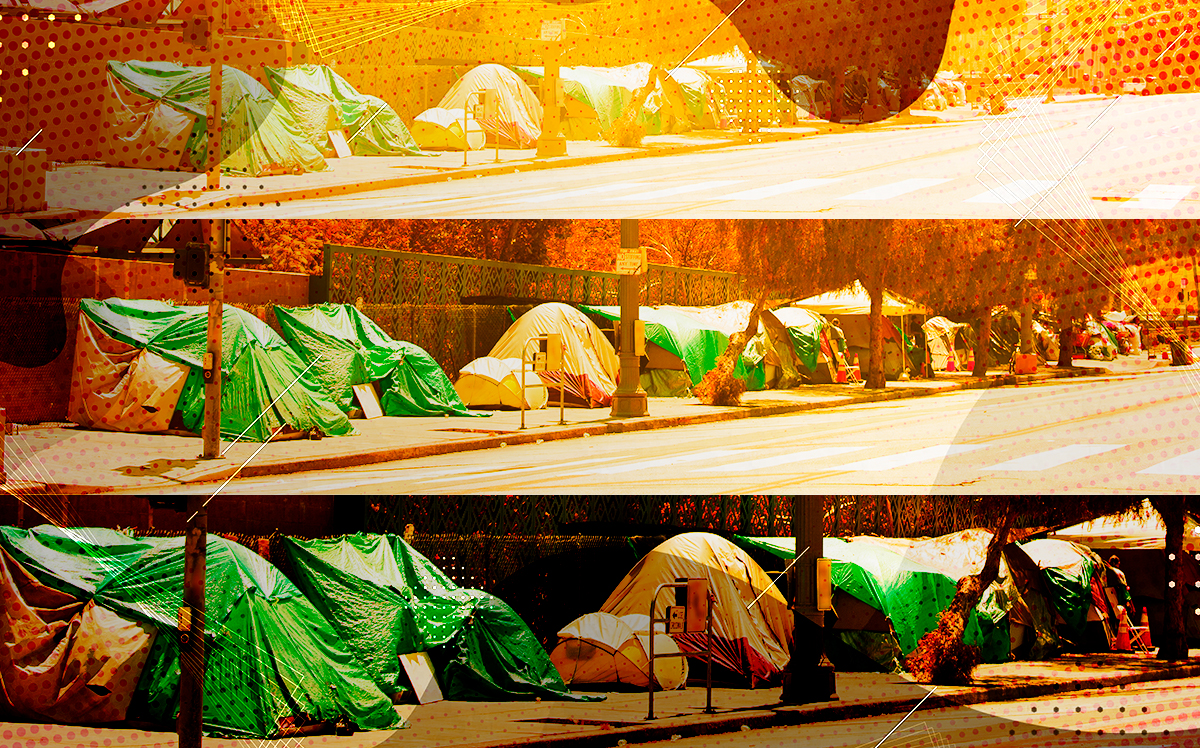Trending
Supreme Court to decide on legality of homeless encampments
Issue has broad implications for Los Angeles, other major cities in Western U.S.

The Supreme Court agreed on Friday to tackle the question of whether unhoused people have a constitutional right to camp on public property when they have no alternative place to sleep.
This decision comes in response to appeals from city officials in California and the broader Western region, the Los Angeles Times reported.
The court will review rulings by the U.S. 9th Circuit Court of Appeals, which deemed it cruel and unusual punishment for cities to deny homeless individuals a place to sleep.
The decisions of the 9th Circuit have placed public officials in California and eight other Western states under increased scrutiny and legal challenges when attempting to clear encampments or relocate homeless populations.
Government and business groups, including California Gov. Gavin Newsom and city attorneys from major urban centers like Los Angeles, San Francisco, San Diego, and Phoenix, have urged the Supreme Court to reinstate their authority over sidewalks and parks or, at the very least, provide clarity on the law.
At issue is the uncertainty of whether encampments can be removed if individuals living on the streets refuse offers to move into temporary shelters.
City attorneys argue that the 9th Circuit rulings, arising from cases in Boise, Idaho, and Grants Pass, Ore., have exacerbated the homelessness crisis on the West Coast. California, in particular, contends with being “home to half of the nation’s unsheltered population.”
The Supreme Court is set to hear arguments on this issue in April, with a ruling expected by the end of June.
Newsom said California has invested significant resources in addressing homelessness, but legal rulings have hindered state and local governments’ efforts.
However, opinions on the matter are divided. The attorney representing the city of Grants Pass, Theane Evangelis, hopes the Supreme Court overturn the 9th Circuit’s rulings, asserting that they have constrained local governments in addressing the urgent homelessness crisis.
On the other side, an Oregon attorney representing unhoused individuals in Grants Pass argues that blaming the judiciary for the crisis is a distraction from failed policies.
This case delves into constitutional grounds, with advocates for the homeless drawing parallels to a 1962 Supreme Court ruling that struck down part of a law criminalizing narcotics addiction.
.— Ted Glanzer




